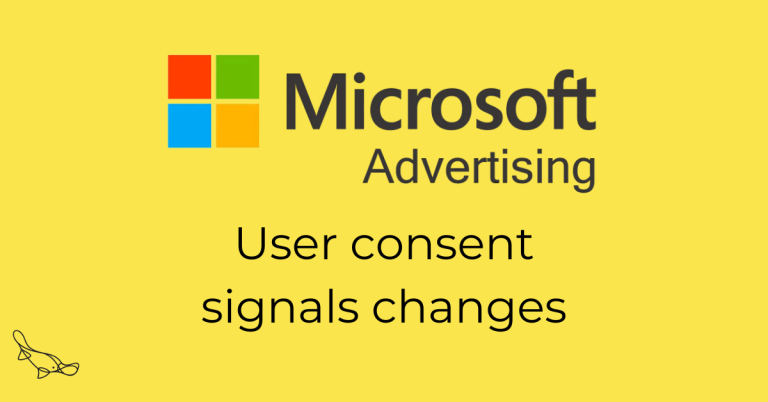What they are
There’s nothing like getting together.
The internet, and social media in particular, is frequently scoffed at attempting to replace human interaction. One area where it’s a good job it is doing that is on online communities. Because these communities offer real support, no matter where you are.
Online communities are amazing.
They include:
- Forums / messageboards – often around specific topics like sexual health (example)
- Live chat – direct one-to-one support with trained advisors
- Facebook groups – bringing people together on the world’s biggest social network
On each, people come together to support each other around one particular topic, and often end up providing something much bigger.
Communities in unusual places
It’s not just charities that host online communities around serious issues like health. You can also find informal ones as part of illegal football live streams – ‘banter’ about the merits of the respective teams and whatnot. Weirdly, these provide a means of connection between people watching football on their laptops at home, alone.
At the other end of the scale, an adorable community of older men has sprung up at the bottom of the comments section on the Guardian crossword.
If you create something online that brings people together, a supportive community will inevitably spring up around it.
Why communities are important for direct support
Where intentional or unintentional, charitable or otherwise, communities are vital for providing direct support to its members for lots of reasons.
They serve emotional needs
A charity could provide every piece of supportive information on their cause as a webpage, all nicely formatted and optimised for search. That way, no stone would be unturned for support, the social problem would be solved and we could all go home.
But it wouldn’t work. The emotional component of people’s complex needs also has to be addressed. Human contact is king at this.
It is ridiculously scaleable
There are oh so many practical limitations on how much face to face support you can provide – getting people in the same place, cost, time, you name it.
For most digital set ups, this is sorted. It doesn’t matter whether you have 10 users or 150,000 users. Digital platforms can take it. Scaleability rocks.
Geography is irrelevant
From Mozambique to Merton, from Rio to Rhyl – users can register and get support on digital communities from anywhere in the world with an internet connection.
Online communities cross international borders and time zones, and can provide vital support where there is none locally.
Digital marketing can support online communities
Digital plays a vital role not just in creating the infrastructure that online communities exist within, but a massive support role too.
UX
Ideally, a community needs to be easy to use and look attractive. There’s usually tonnes of sub topics and boards on the forums, and they need to be beautifully organised to make it easy for people to find what they’re looking for.
Email marketing
Email is a massively underused tool when it comes to welcoming new users on to the forum.
The startup world is all over it – sign up to online graphics tool Canva for example, and you get a simple series of emails showing you how to use the tool, step by step. That makes people way more likely to stick around than if they got just one ‘Thanks for registering’ email.
We recently did a project with Youthnet to help welcome new users on TheSite. We harnessed the directness of email to show them the most supportive threads on TheSite, where to find support and how to post.
Online moderation
Digital is instant. Social media feeds need super-quick responses. The same skills and infrastructure are harnessed on online communities to make sure users with additional support requests (say one to one time with a counsellor or help changing their username) get what they need when they need it.
Community tips
You probably already have an online community – your social media followers and email subscribers are connected to you already, even if not to each other.
Before you start a new one, consider these top tips.
- Know why you’re doing it – make sure you know what need you’d be fulfilling for your service users by creating an online community.
- Start small – don’t buy the latest all singing all dancing community platform until you outgrow a small option like private Facebook Groups, which often do the job nicely.
- Put someone in charge – identify a staff member who’s interested enough to be in charge, and make sure they have time to respond to users quickly.
- Identify topics in advance – people won’t contribute just because it’s there. Makes sure you know what to talk about before you begin to ensure that your community has the best chance to survive and thrive.
What are the best online communities you’ve seen? Which deliver the best support to the most people? Let us know in the comments below.





